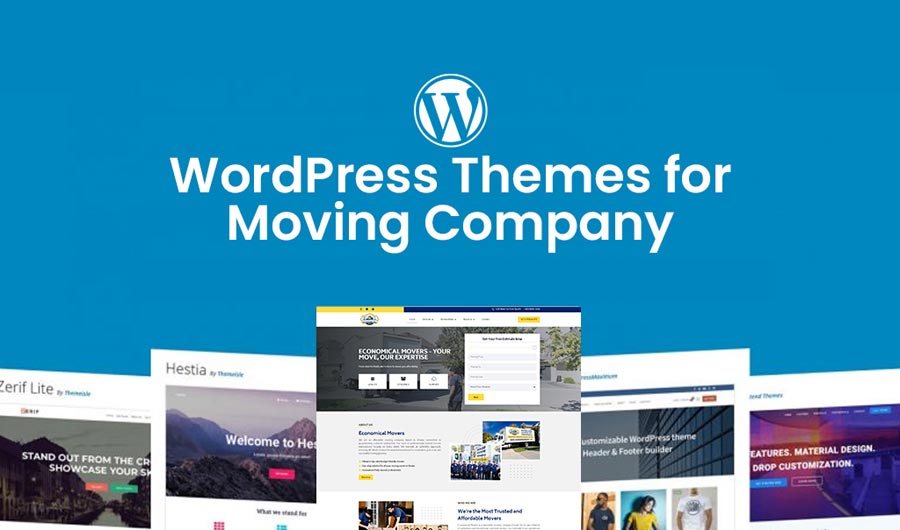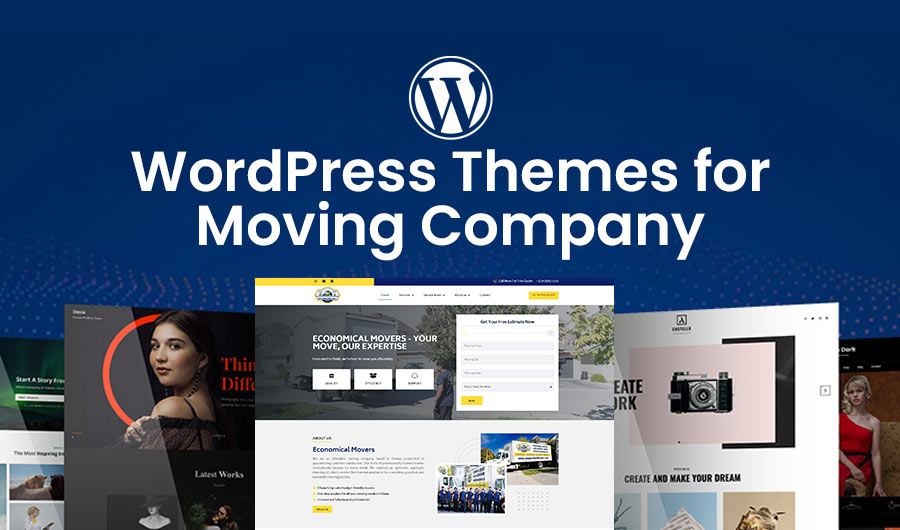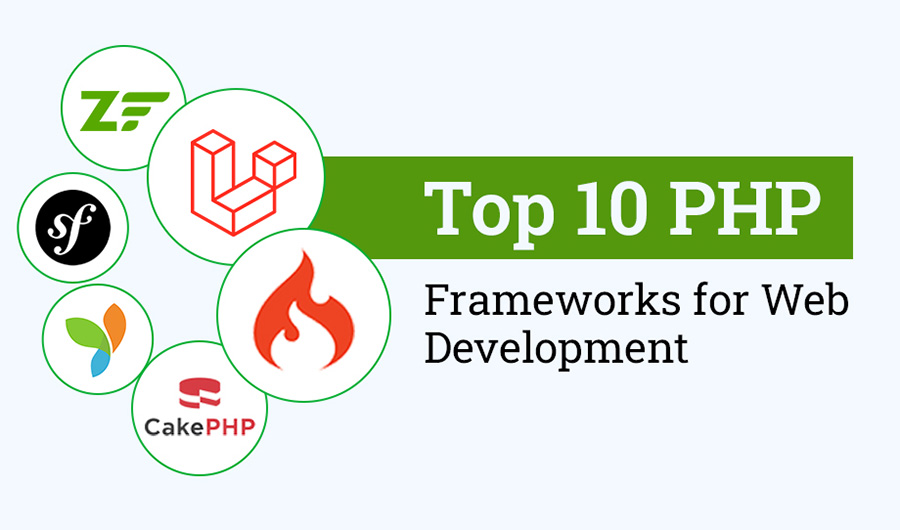
Top 10 PHP Frameworks for Web Development In 2023
The landscape of web development company India has undergone remarkable transformations, courtesy of an array of innovative tools and frameworks aimed at making the process more efficient and streamlined. Among the multitude of programming languages in circulation today, PHP distinctly shines through, thanks to its adaptability, expandability, and widespread implementation. PHP frameworks, in specific, have witnessed a rise in popularity thanks to the systematic and efficient methodologies they propose for crafting web applications. This article offers a thorough examination of the top 10 PHP frameworks that are presently making waves in the realm of web development, detailing their characteristics, advantages, and the common scenarios where they find application.
No matter if you’re a seasoned developer or a beginner venturing into the field, this guide is poised to offer precious insights that can broaden your understanding of PHP frameworks. From Laravel’s eloquent syntax to Symfony’s potent components, we will provide a thorough breakdown of each framework. This will equip you with the crucial insights needed to make well-informed decisions for your web development endeavors.
So, let’s delve into the world of these PHP frameworks that are revolutionizing the realm of web development.
Importance of PHP Frameworks in Web Development
The significance of PHP frameworks in the realm of web development has been profound and enduring, and their role is truly pivotal. These frameworks bring numerous essential benefits to the table, optimizing the development workflow and elevating the quality of the end product.
Simplified and Speedy Development: PHP frameworks are inherently created to support quick application development. They come packed with pre-configured modules that handle the mundane coding chores. As a result, the amount of redundant code that developers need to compose is diminished, leading to considerable time and energy savings, and speeding up the entire development timeline.
Structured and Organized Code: PHP frameworks promote the implementation of the MVC (Model-View-Controller) design principle, which effectively separates data handling (Model), user interface (View), and the control flow (Controller). This segregation encourages the creation of tidy and well-arranged code, making it more manageable, comprehensible, and debuggable. This becomes particularly advantageous in handling large-scale projects.
Secure Applications: PHP frameworks are equipped with inherent functionalities and tools to combat prevalent security risks such as SQL injection, Cross-Site Scripting (XSS), and Cross-Site Request Forgery (CSRF). Consequently, applications constructed using these frameworks boast enhanced security, being less susceptible to potential cyber threats.
Testing and Debugging: A multitude of PHP frameworks are accompanied by testing tools and functionalities that are paramount in upholding the standard of the code. These instruments aid developers in detecting and rectifying errors proficiently, thereby improving the comprehensive quality of the application.
Ease of Integration: PHP frameworks have the prowess to seamlessly interweave with diverse technologies, databases, and third-party APIs, thus enabling an expansive spectrum of functionalities for web applications.
How to Choose the Right PHP Framework
Selecting the right tools is fundamentally important to the triumph of any web development project, and choosing a PHP framework is a critical aspect of this process. This essential toolkit can remarkably simplify your coding process, promote an organized workflow, and crucially influence the performance and efficiency of your web application. However, considering the broad array of PHP frameworks available in today’s tech scene, making this selection might feel daunting. Nonetheless, by grasping these elements, you can match your distinct needs with the special advantages each framework offers. This empowers you to opt for the one that aligns most closely with your project’s requirements.
So, let’s initiate this voyage to pinpoint the PHP framework that will propel your project towards triumph.
Assessing Your Project Needs
Assessing your project needs is indeed a pivotal step in choosing the right PHP framework. This process involves understanding the specific requirements of your project and then aligning these needs with the capabilities and features of different PHP frameworks.
Type and Scale of Project: The initial factor to contemplate is the nature and scope of the project you’re embarking on. If your project is compact and straightforward, a lean PHP framework such as Lumen or Slim might suffice. These frameworks are engineered to be efficient and speedy, making them ideal for smaller applications or APIs. Conversely, if you’re gearing up to create a large, intricate application, a full-stack framework like Laravel or Symfony would be more apt. These come with an extensive range of functionalities and superior flexibility, catering to complex application needs.
Performance Requirements: Should your application require the management of vast volumes of data or high user traffic, the performance aspect will play a pivotal role. Consider frameworks that are known for their speed and performance efficiency. Certain frameworks are better fine-tuned for specific tasks than their counterparts. Therefore, it’s recommended to select a framework that shines in the areas that carry the most weight for your project.
Integration and Compatibility: Your project might require seamless interfacing with other software, third-party services, or APIs. Some PHP frameworks are more flexible and offer more seamless integration capabilities than others. Ensure the framework you choose can comfortably accommodate these integrations.
Community and Support
Community support is a crucial factor to consider when choosing a PHP framework for your web development project. A strong, active community not only indicates the popularity and reliability of a framework but also ensures you’ll have the necessary resources and assistance when you face challenges during development. Here’s why the framework’s community and support should play a decisive role in your choice of a PHP framework:
Troubleshooting and Problem-Solving: Regardless of your proficiency as a developer, encountering challenges or having queries related to the framework you’re employing is inevitable. During such times, a robust community can serve as an invaluable asset. Fellow developers within the community frequently share their experiences, problem-solving strategies, and alternative solutions, which can significantly conserve your time and effort.
Updates and Maintenance: A thriving community usually means frequent updates and consistent maintenance for the framework. Regular updates not only mean new features and improvements but also the swift addressing of bugs and security vulnerabilities. This ensures your framework stays modern, secure, and reliable.
Documentation and Learning Resources: A good community often leads to better documentation, tutorials, and learning resources. The detailed, straightforward, and current documentation can notably shrink the learning curve associated with the framework. Moreover, tutorials and case studies furnished by the community can greatly assist in grasping the practical utilization of the framework’s capabilities.
Documentation and Learning Curve
The caliber of documentation and the steepness of the learning curve connected with a PHP framework are vital elements to ponder over when selecting the optimal framework for your endeavor. Let’s delve deeper to understand why these factors hold such importance:
Documentation: Solid documentation indicates a well-kept and user-centric PHP framework. Detailed, lucid, and current documentation serves as a guide to maneuvering the framework, elucidating its functionalities and features, and providing practical illustrations. This can notably hasten the learning journey, aid you in resolving issues more efficiently, and empower you to leverage the maximum potential of the framework. When considering a PHP framework, look for one with thorough and well-structured documentation.
Tutorials and Learning Resources: Beyond the official documentation, check the availability of additional learning resources. Such resources could encompass online tutorials, courses, books, blogs, and video materials. A PHP framework endowed with a rich set of learning assets can simplify the process for your team to grasp the framework rapidly and competently.
Overview of Top 10 PHP Frameworks
Next, we’ll delve into our selection of the top 10 PHP frameworks, exploring the unique offerings of each one.
Laravel

Laravel stands out as a widely favored PHP framework, renowned for its sophisticated syntax and robust functionalities. It makes an excellent option for crafting contemporary web applications, providing utilities for operations such as routing, security, and caching.
Symfony
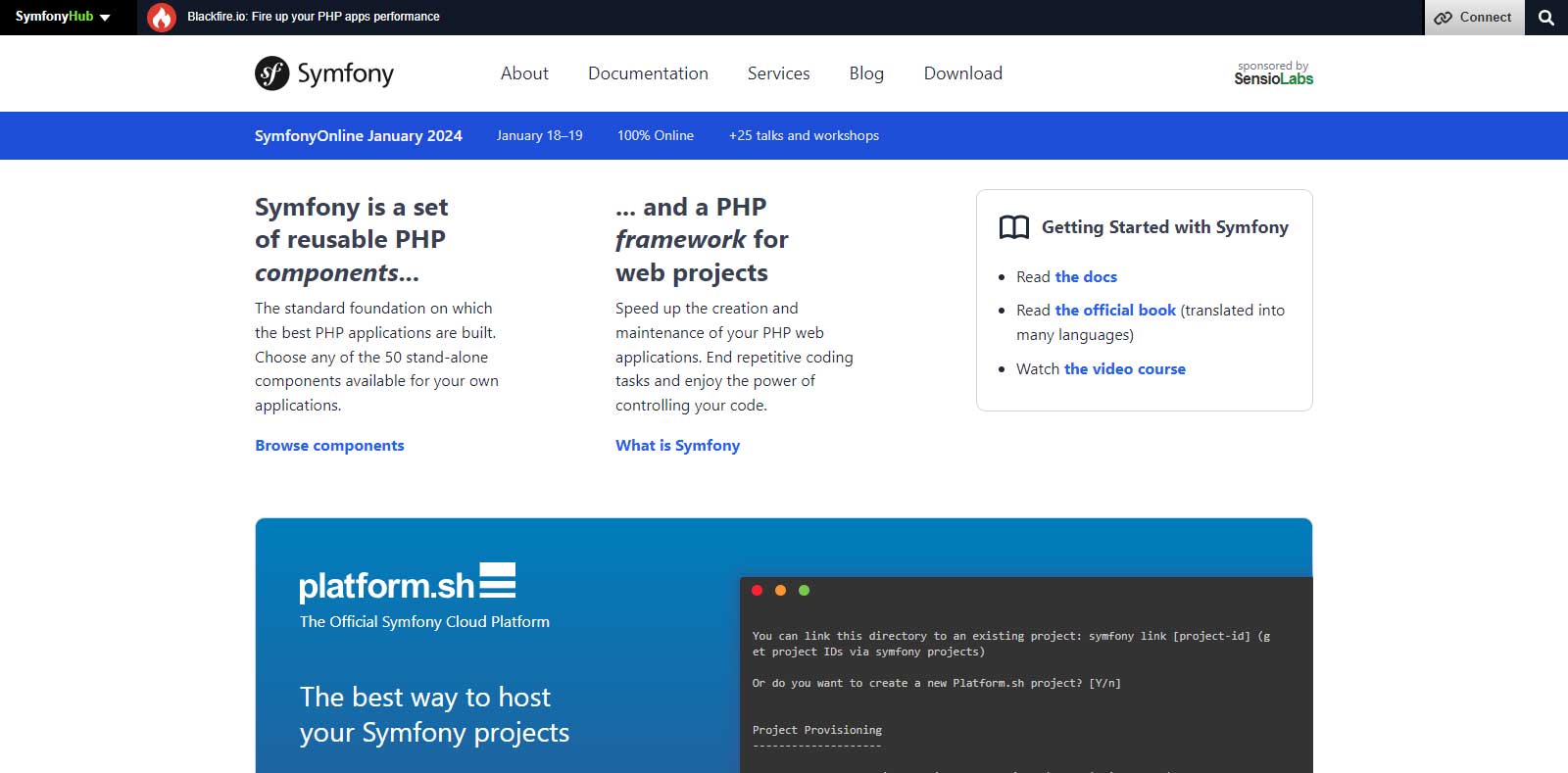
Symfony is a potent and adaptable framework, extensively utilized for grand-scale initiatives. It boasts an abundant collection of components and is recognized for its rapidity and superior performance.
CodeIgniter
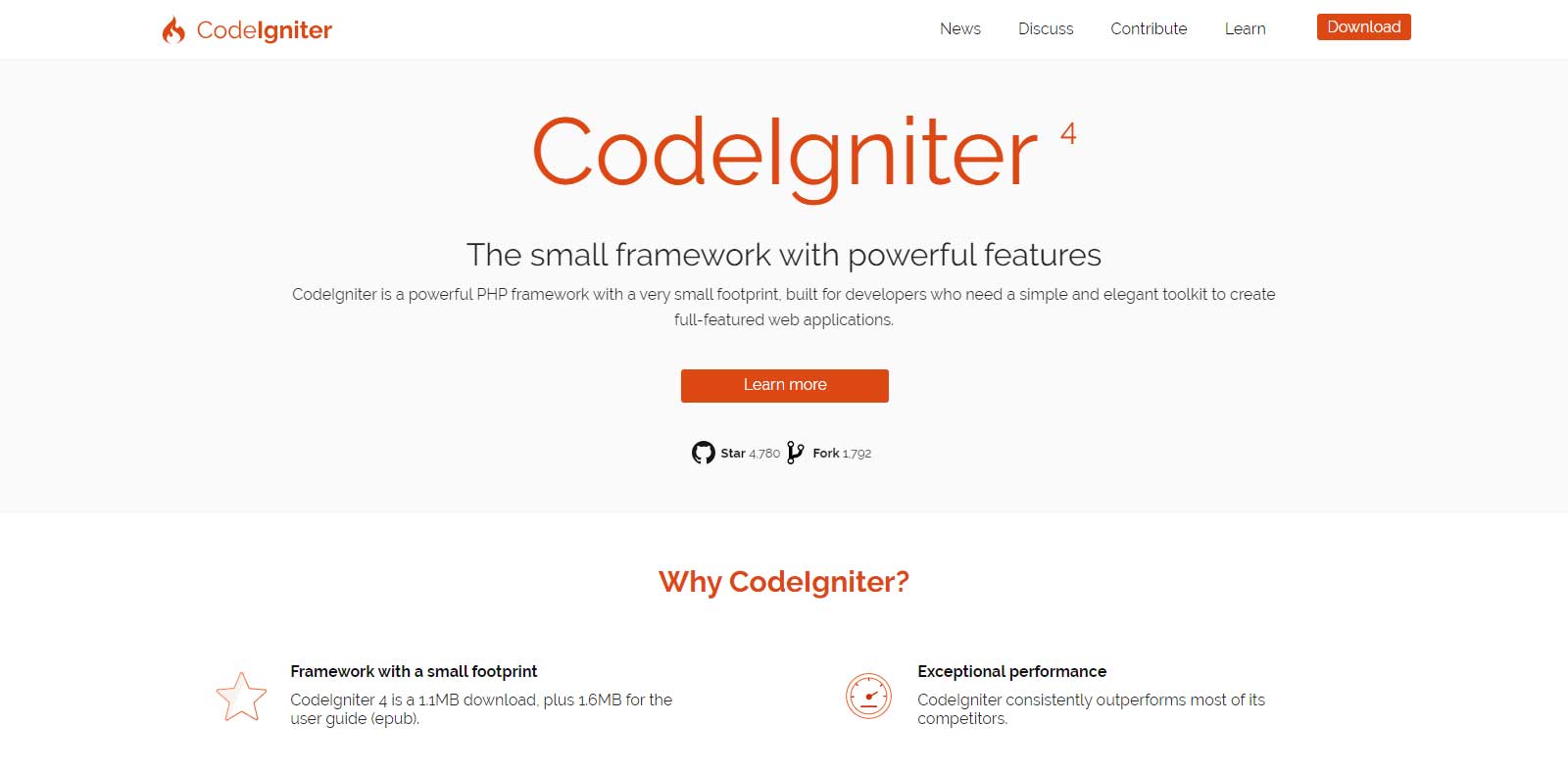
CodeIgniter is a lightweight and straightforward framework. It offers exceptional performance and is well-suited for developers who prefer a less prescriptive approach.
Zend Framework
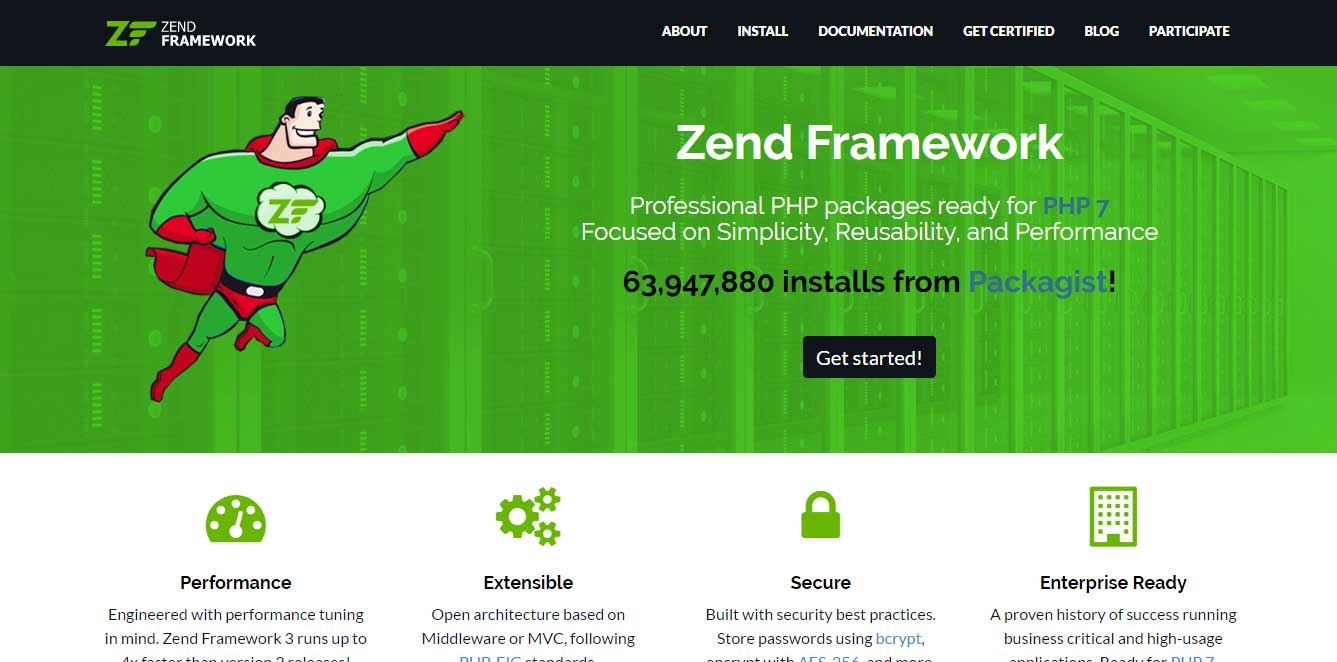
Formerly recognized as the Zend Framework, the Laminas Project has been tailored specifically for high-tier enterprise applications. It utilizes a completely object-oriented design methodology and is built upon the MVC (Model-View-Controller) architectural pattern.
CakePHP

CakePHP, with its ease of learning and usage, is an ideal choice for newcomers. It presents features such as code generation and scaffolding, which can accelerate the development timeline.
Yii

Yii is a high-performance, component-based PHP framework. It’s suitable for developing all types of web applications, particularly those that require extensive use of forms.
Phalcon

Phalcon stands out for its speed, attributed to its C-extension structure. Nonetheless, it provides a comprehensive suite of features and boasts a user-friendly interface.
Slim

As implied by its name, Slim is a framework that embraces minimalism. It’s perfect for small applications or APIs and is renowned for its speed and lightweight design.
FuelPHP
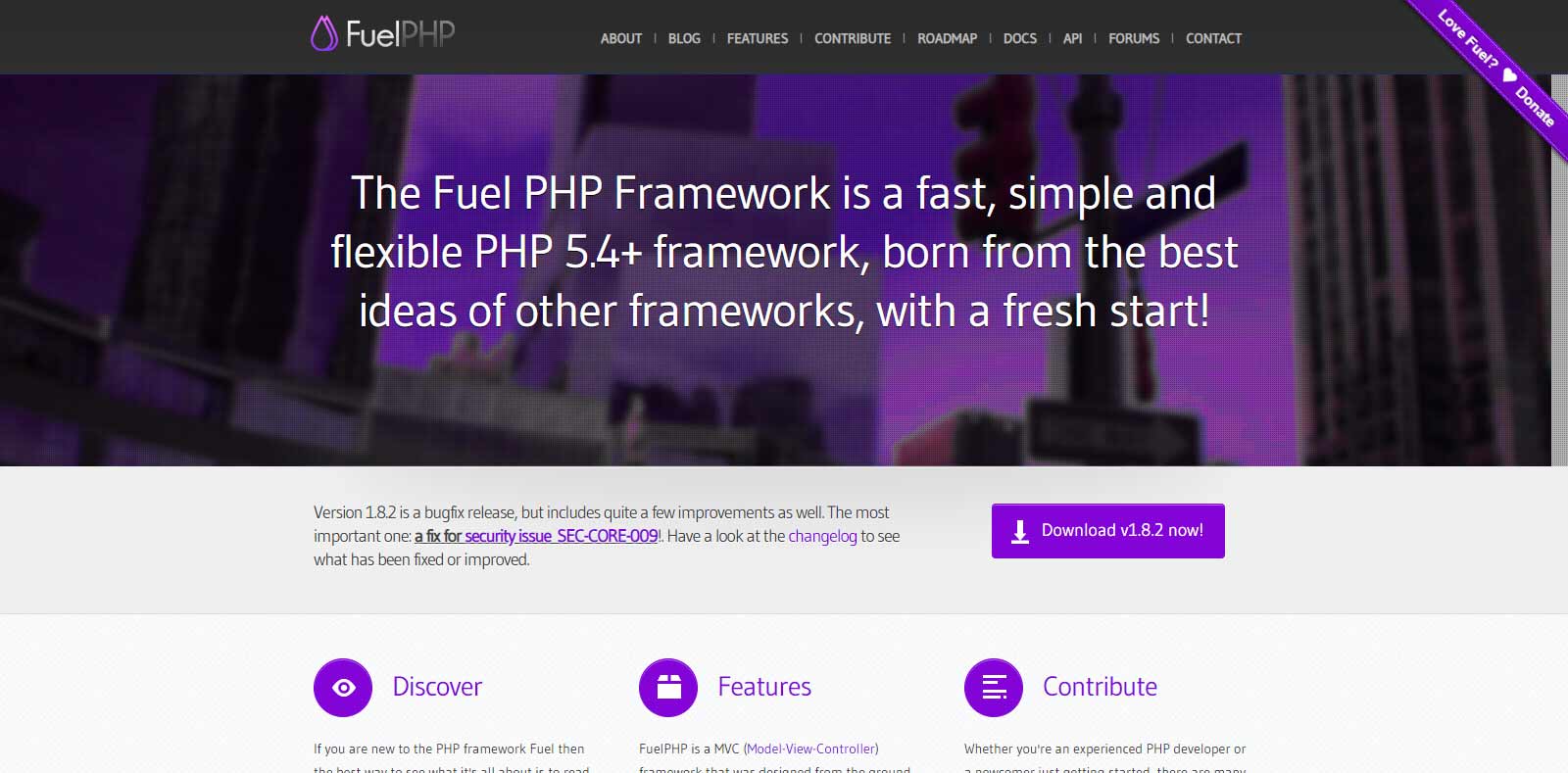
FuelPHP offers flexibility and a full-stack development environment. It has a unique hierarchical model-view-controller (HMVC) architecture.
PHPixie

PHPixie is a lightweight, high-performance framework. It’s designed for read-only websites and is a strong contender for projects that require speed and security.
Conclusion:
PHP frameworks are integral to the web development process, offering a myriad of benefits including streamlined coding, expandability, and fortified security. Each framework, be it Laravel, Symfony, or Lumen, offers its unique strengths. The optimal selection depends on your project’s unique requirements, your team’s skill set, and the community support for the chosen framework.
As these frameworks constantly evolve, staying updated with their advancements is vital. This guide aims to aid your decision-making in choosing the most suitable PHP framework for your project’s success.



